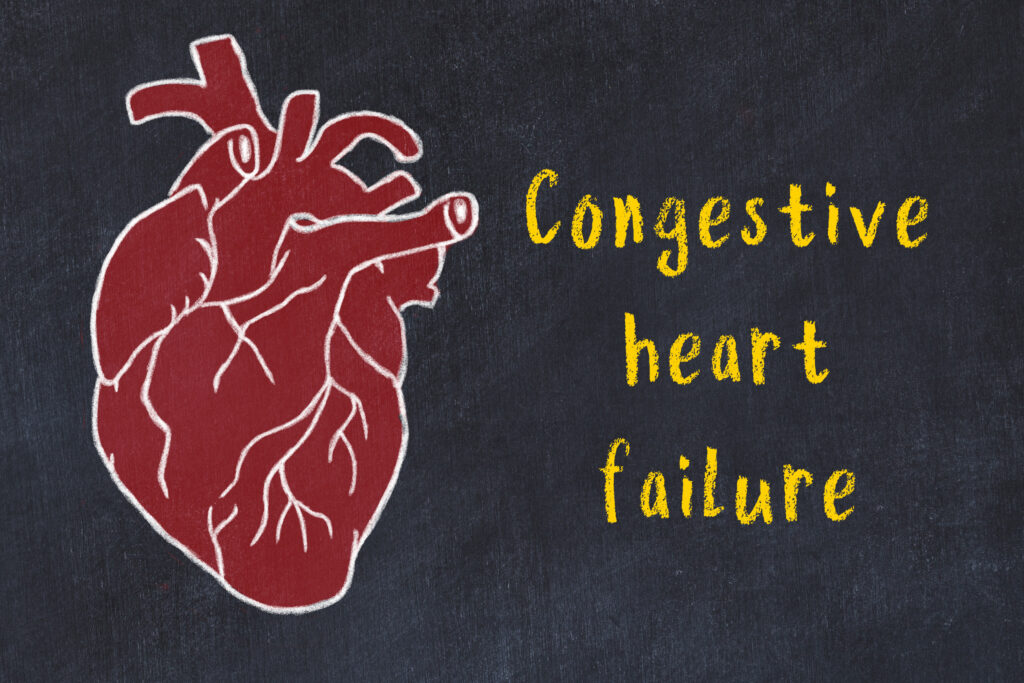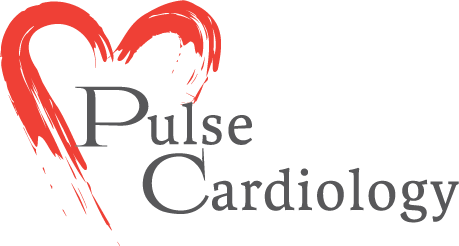Congestive Heart Failure, Symptoms, and Treatment
What is Congestive Heart Failure
Congestive Heart Failure is also known as CHF. This is a chronic progressive condition in which the heart gets affected and the heart muscles do not pump the blood properly. In this condition, fluid builds up around the heart and causes it to pump inefficiently. Congestive heart failure can be life-threatening as when your ventricles can’t pump enough blood volume to the body. Eventually, blood and other fluids start to back up inside your lungs, abdomen, liver, and lower body.
Causes of CHF
Let us dive into the main causes that can result in Congestive Heart Failure.
Hypertension: – If you have a condition of high blood pressure over a while, it makes one susceptible to heart conditions, such as congestive heart failure as high blood pressure leads to narrowing of the arteries which affects the blood flow.
Coronary Artery Disease: – In coronary artery disease, the arteries are narrowed down due to cholesterol built up and this affects the blood flow which can lead to developing of congestive heart condition.
Valve conditions: – The heart valves are the ones that keep the blood flowing properly in the right direction through the heart. A fault valve can make the heart work harder and irregular, which can in turn weaken the heart. This can lead to serious heart conditions.
Underlying heart conditions: – Heart conditions, such as Cardiomyopathy (Where the heart muscles are damaged), or Myocarditis (A condition in which there is inflammation of the heart muscle) can lead to congestive heart failure.
Other Chronic Diseases: – Medical conditions, such as diabetes, HIV, hyperthyroidism, severe allergic reactions, and obesity can also lead to congestive heart failure.

Symptoms of CHF
It is critical to understand the symptoms of Congestive Heart Failure to avoid further complications. These can include:
Congested lungs: – Due to fluid accumulation in the lungs, it can cause shortness of breath, wheezing, bad cough, chest pains, and the inability to exercise or do any heavy duty work.
Irregular heartbeats: – Due to lack of proper pumping of blood, the heart has to work harder which can in turn lead to rapid and irregular heartbeats.
Fatigue and weakness: – As there is reduced blood supply to the body, there can be feelings of dizziness, fatigue, and weakness.
Water and fluid retention: – Less blood to different body organs, such as the kidney, can potentially lead to water retention. This can encourage other conditions to develop, for example, swelling of the abdomen, weight gain, swelling in legs, ankles, and feet. Symptoms also include an increased need to urinate and loss of appetite.
What are the symptoms of a heart attack? Click here to find out
Treatments of CHF
The treatment for congestive heart failure has to be done in consultation with your cardiologist. It is a mix of lifestyle changes along with the use of some medication so that various conditions arising can be controlled. If the condition is beyond the control of medications, surgery will then be required. Each case depends on each person’s condition, but a cardiologist will make the necessary suggestions. However, maintaining a proper and healthy lifestyle is the prominent solution for a strong heart.
